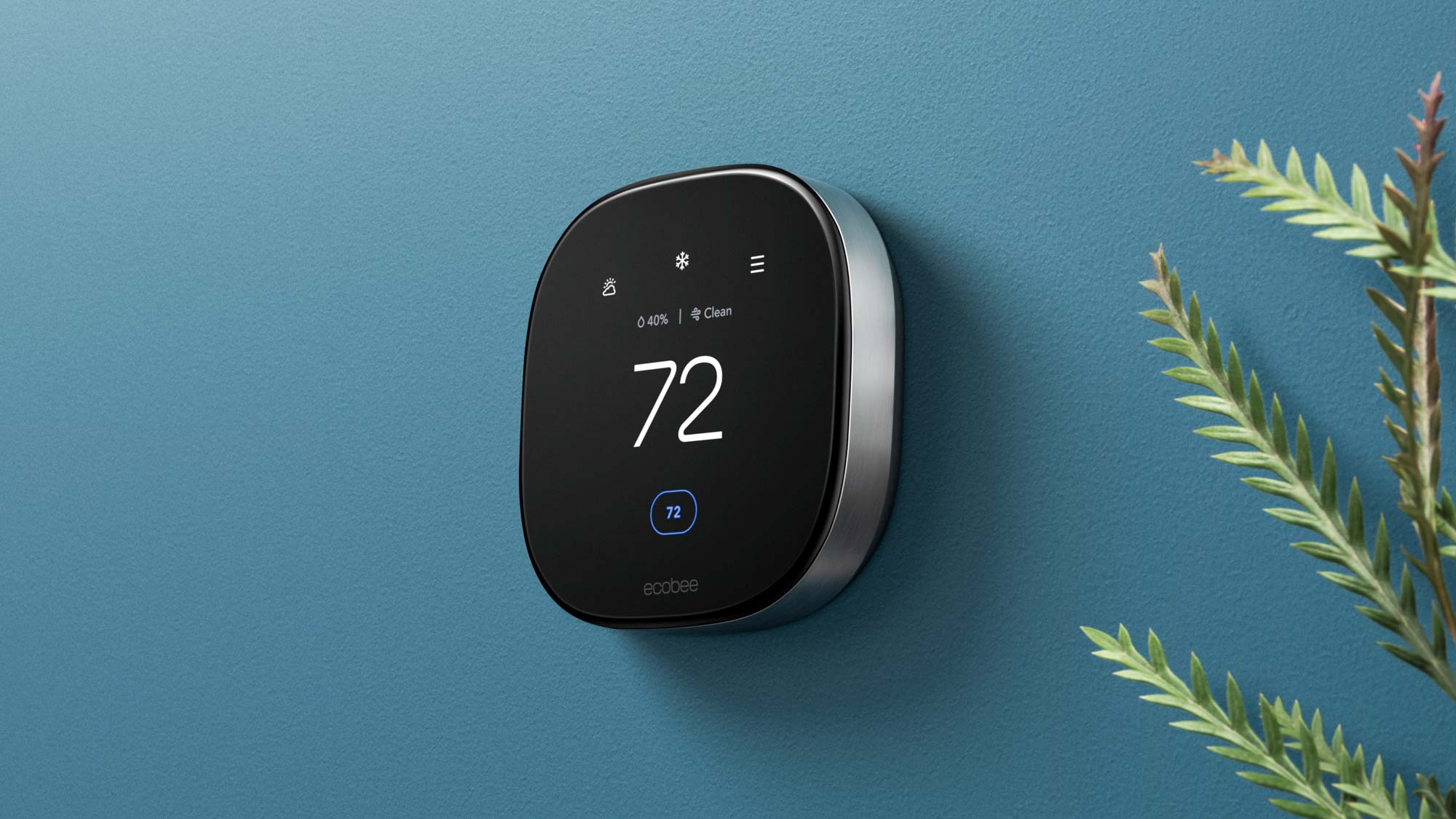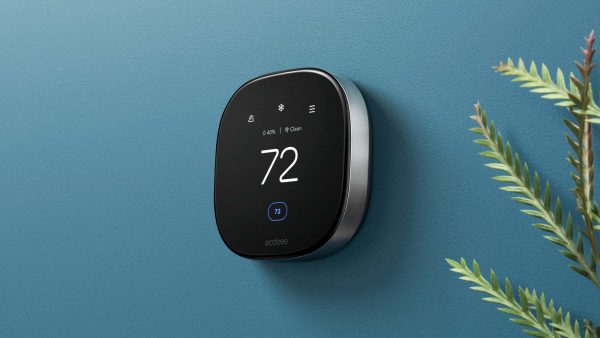Smart thermostats, advanced devices designed to optimize heating, ventilation, and cooling (HVAC) systems, are gaining traction globally for their energy efficiency and convenience. In Nigeria, a country with diverse climates ranging from arid northern regions to humid southern coasts, the adoption of smart thermostats presents unique challenges and opportunities. With rising energy costs and increasing consumer interest in sustainable technology, this article explores how smart thermostats are adapting to Nigerian climates, focusing on energy efficiency, technological integration, and market dynamics.
Read more about Tech
Energy Efficiency in Variable Climates
Nigeria’s climate varies significantly, with temperatures often exceeding 35°C in the north and high humidity dominating the south. Smart thermostats, such as the Ecobee Smart Thermostat Premium, are engineered to adapt to such conditions by using sensors to detect occupancy and adjust settings accordingly. A 2025 study in the Journal of Sustainable Technology found that smart thermostats reduced energy consumption by 15% in humid climates when paired with efficient HVAC systems. In Lagos, for instance, households using Google Nest thermostats reported lower electricity bills during the dry season by leveraging geofencing technology, which adjusts temperatures based on residents’ locations. This adaptability is crucial in Nigeria, where unreliable power grids and costly generator use necessitate energy-saving solutions.
Register to attend the Connect Nigeria Business Mixer
Technological Integration and Local Needs
The integration of smart thermostats into Nigeria’s tech ecosystem reflects the country’s growing digital economy. With internet penetration reaching 104.4 million users in 2021, platforms like WhatsApp and mobile apps enable remote thermostat control, aligning with Nigerian consumers’ tech-savvy preferences. A 2025 article in Nigerian Tech Review highlighted how local startups are customizing thermostats with Hausa and Yoruba language interfaces to enhance usability. For example, a pilot project in Abuja integrated smart thermostats with solar-powered systems, addressing power outages; a common issue in rural areas. These innovations demonstrate how technology is tailored to meet Nigeria’s infrastructural and cultural demands.
Sign up for the Connect Nigeria daily newsletter
Market Dynamics and Consumer Adoption
The smart thermostat market in Nigeria is expanding, driven by rising energy costs and government initiatives like the National Digital Economy Policy (2020-2030). According to a 2025 Grand View Research report, the global smart thermostat market is projected to grow at an 18.5% CAGR, with Nigeria emerging as a key African player. However, adoption faces hurdles such as high initial costs (averaging $182 per unit) and limited HVAC infrastructure in rural areas. In urban centers like Kano, early adopters have embraced brands like Honeywell Home T9, citing convenience and status. Social media trends on platforms like X reveal growing interest, with users praising energy savings but criticizing import tariffs that inflate prices.
Got a suggestion? Contact us: [email protected]
Conclusion
Smart thermostats are adapting to Nigerian climates through energy-efficient designs, localized technological enhancements, and a burgeoning market. While challenges like cost and infrastructure persist, practical examples from Lagos to Abuja illustrate their potential. As Nigeria advances its digital and sustainability goals, these devices could redefine household energy management.


